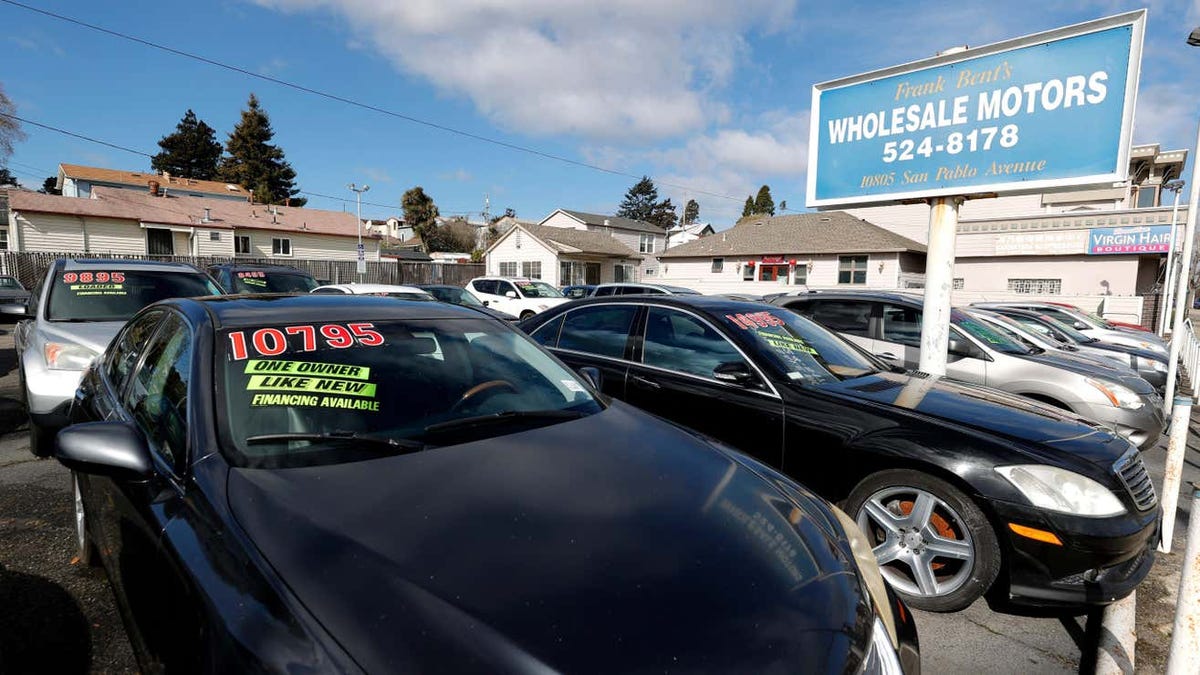
The only reason we switched from doing our own to paying a CPA is when my wife started operating her own business. This was more to have someone to ask questions about making sure she covers all of her tax obligations who can answer authoritatively and back us up if anything comes back to us in the future (since she is sole prop. and going it alone). We paid $200 the first year, and considering turbotax would have been about that much, getting our taxes filed for us was practically just a bonus. She charges a little more now, but it’s still worth it IMO just to not have to deal with doing the actual paperwork and having someone who will help us out if anything does come back to us. I would say anyone who just has W2 income and maybe some stock sales doesn’t have a complicated enough situation to warrant a CPA, and should just use FreeTaxUSA (and hopefully over the next couple years, the auto filing program with the government will eliminate the need for that, too).





I think they meant more like they wouldn’t have been able to afford the same house 4 years later, due to appreciation of the house, the increase in property taxes on that appreciation, and higher mortgage rates to boot. That or they had a variable APR loan.
The former case happened to us and is how my coworkers and I sometimes discuss the housing market - house values increase so fast where we are, buying a month later would have gotten us an appreciably worse home. A month later, worse again. Prices were increasing 25+% YoY. If we hadn’t locked in when we did (Dec 2020) I’m not sure we would have found a place. The mortgage rates seem to not matter because so many of the buyers scooping up houses are older families with lots of money buying investment properties, or whole ass corporations (often foreign corporations) willing to pay 20% over asking, in cash, and waive inspection, to lock out any other prospective buyers.
Insurance is about 50% more than when we bought the house and taxes are maybe 10% higher due to rate increases and the increasing value. We would barely be able to afford half the house we’re in if we bought today.